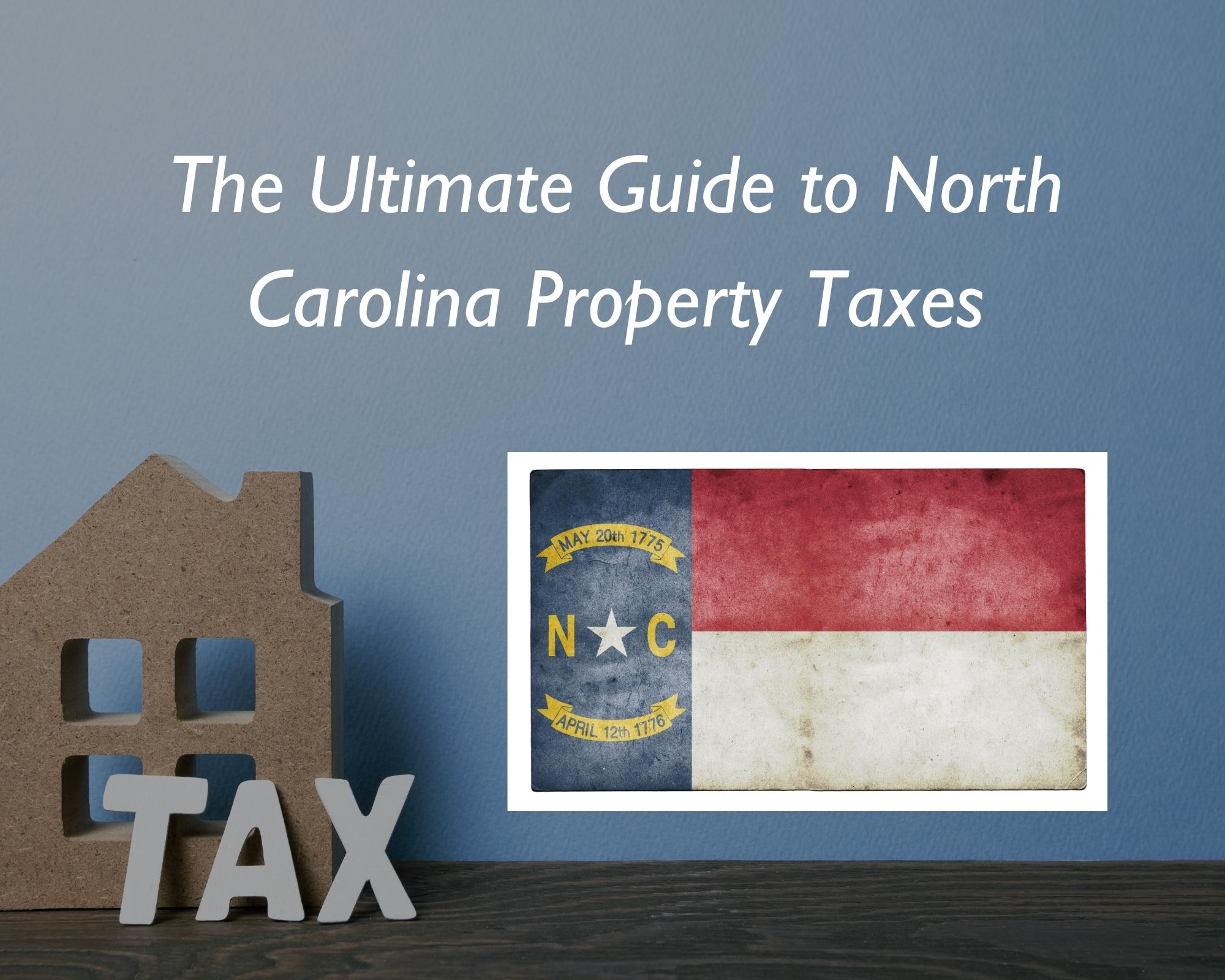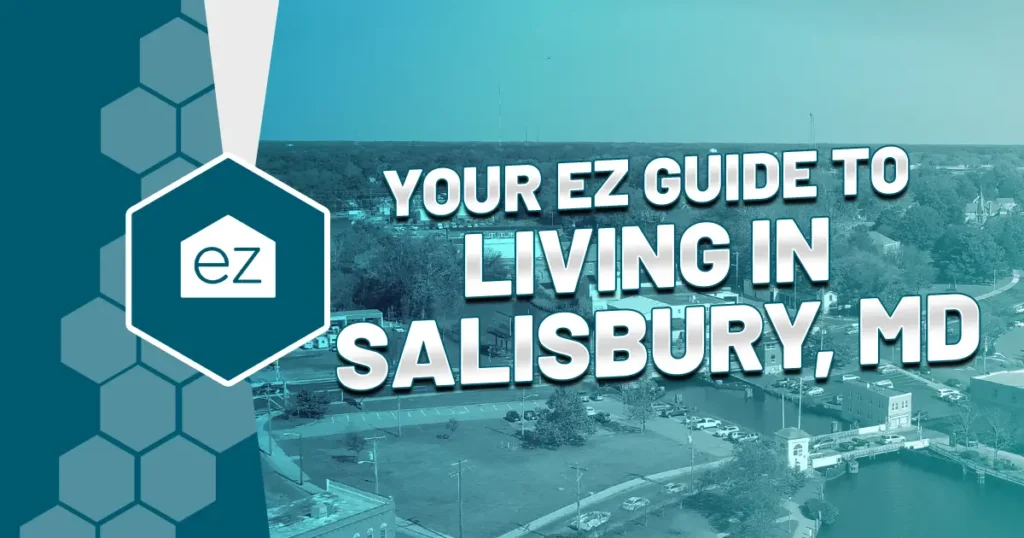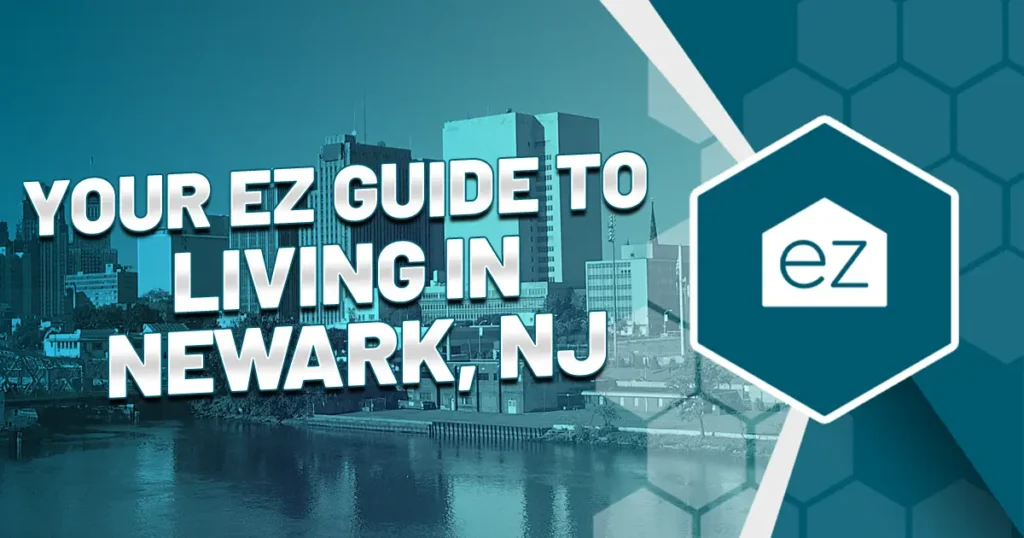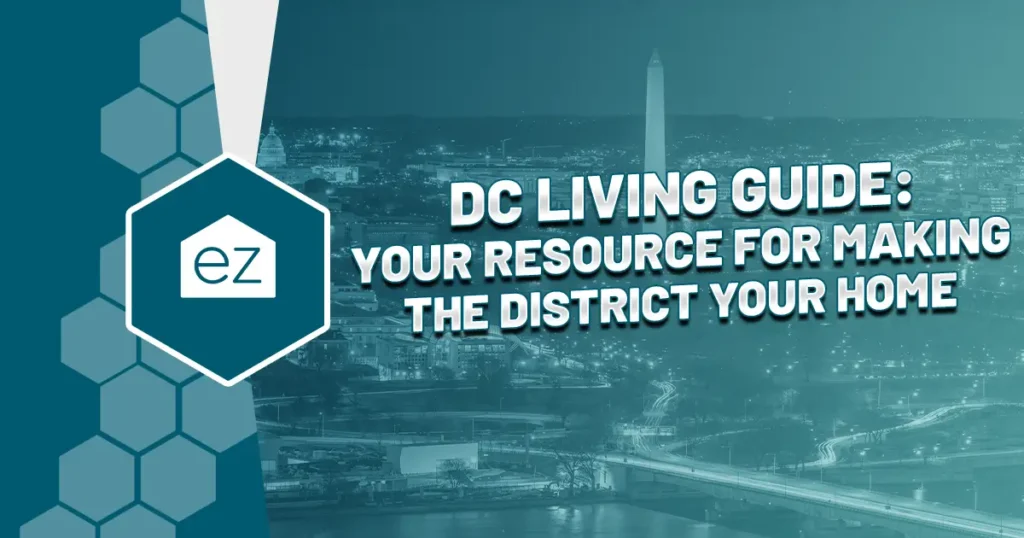The Ultimate Guide to North Carolina Property Taxes
The Ultimate Guide to North Carolina Property Taxes
Are you interested in moving to North Carolina? It’s a great place to live, with dynamic cities, beautiful mountain scenery, beachfront living, and numerous recreational amenities. Residents enjoy a cost of living under the national average, with housing being one of the most affordable cost of living expenses.
Of course, what you actually pay for housing depends on the specific area you are looking to buy, the kind of housing you buy (single-family or condo), and its particular features. A three-bedroom, two-bathroom single-family in Charlotte will cost more than a similar home in Chapel Hill.
As you go through your North Carolina home search, keep in mind the extra expenses that come with homeownership. Annual property taxes add several hundred to several thousand dollars to your housing payment. Our guide breaks down everything you need to know about North Carolina property taxes.
North Carolina Property Taxes Compared To The Nation
If you look at the total tax burden, which compares property taxes, motor vehicle taxes, sales taxes, and any other kind of tax you would pay as a resident in North Carolina, residents pay an effective average tax rate of 11%. According to Wallethub, this makes North Carolina no. 22 in the nation for state and local tax burden. It’s a solidly middle-of-the-road state; your burden could increase, decrease, or stay about the same depending on where you’re coming from.
The average effective property tax rate in the nation is 1.07% of the assessed value. In North Carolina, the average rate is 0.77%. The Tax Foundation ranks North Carolina as 30 out of the 50 states in property taxes paid as a percentage of owner-occupied housing value. In other words, it is less expensive than 29 states but more expensive than 20 states. In terms of the amount paid to state and local authorities, North Carolina ranked 41.
What property taxes are owed each year?
North Carolina taxes three kinds of property: real property, personal property, and motor vehicles. Real property is what you would consider land and the buildings on that land. Real property can be classified as residential, commercial, agricultural, industrial, or special purpose.
Personal property is assets that are not real estate. The biggest distinguishing factor is that personal property is movable and not fixed in place.
Registered motor vehicles also pay property tax. Your vehicle’s tax bill will be part of its annual registration as part of the Tag & Tax Together program. You’ll receive a notice 60 days prior to registration expiration, and it is due by the 15th of the month following registration expiration.
Property taxes are paid by the party that owned the property as of January 1 that tax year. Even if the property transfers ownership on January 2, the tax office still holds the January 1 owner responsible for paying the taxes; any agreement to prorate taxes is an agreement between the buyer and seller. Expect to receive your real property tax bill during July. Property taxes are due September 1 but can be paid as late as January 6 without interest or penalty.
How is my property’s value assessed?
All North Carolina counties are required to conduct a property reappraisal at least every eight years. Some counties do reappraisals on a six-year cycle or four-year cycle.
|
Six-year cycle or (other year) |
Four-year cycle |
|
Alamance |
Ashe |
|
Alleghany |
Avery |
|
Bladen (7) |
Brunswick |
|
Chowan |
Buncombe |
|
Dare (5) |
Burke |
|
Davidson |
|
|
Duplin (5) |
Catawba |
|
Durham (7) |
Chatham |
|
Edgecombe (5) |
Cleveland |
|
Franklin |
Davie |
|
Granville |
Forsyth |
|
Guilford (5) |
Gaston |
|
Harnett (5) |
Graham |
|
Hyde |
Halifax |
|
Johnston |
Haywood |
|
Nash (7) |
Henderson |
|
Robeson |
Iredell |
|
Rockingham (5) |
Jackson |
|
Yadkin |
Lee |
|
Lincoln |
|
|
Macon |
|
|
McDowell |
|
|
Mitchell |
|
|
Moore |
|
|
Orange |
|
|
Person |
|
|
Pitt |
|
|
Polk |
|
|
Randolph |
|
|
Rowan |
|
|
Rutherford |
|
|
Stanly |
|
|
Stokes |
|
|
Surry |
|
|
Transylvania |
|
|
Union |
|
|
Wake |
|
|
Wilkes |
Any North Carolina counties not listed are on the eight-year reappraisal cycle. No counties are less than four years.
These reappraisals can be done in-house utilizing hired appraisal staff or through hiring an outside reappraisal firm. The goal is to ensure the property value matches the current market value.
Since all the counties are on a different reassessment cycle, up to 11 counties can be working through the reassessment process in any given year. Check with the county assessor office where you are looking at property for reappraisal year information.
What to Know About North Carolina Property Taxes
North Carolina does not have a statewide property tax rate. The local taxing authorities decide the rates depending on the budget that they need for that fiscal year. Taxing jurisdictions include cities and municipalities, counties, and special districts like fire or sewer districts. The North Carolina Department of Revenue simply oversees the valuation and taxation of property by the various taxing units around the state.
North Carolina has 100 counties, meaning property tax rates vary widely. All property taxes are based on the property’s assessed value. To give you a ballpark, the average value of a North Carolina home is $195,670. The average homeowner pays 0.85% of their home value in North Carolina property taxes. This would be a tax of $1,663.20.
Your property taxes are collected by County Assessors and Tax Collectors as appointed by the county commissioners. The County Commissioners set the tax rate for each county based on its taxable base and the budgetary requirements.
In North Carolina, you will be subject to property taxes from the county. Depending on where you live, additional property taxes will be added to your bill based on the municipality, the school district, fire departments, and other special taxing authorities.
To see which counties paid the most and the least in property taxes, we use the effective tax rate. This measures the annual property tax paid as a percentage of total home value. Based on this table of average effective tax rates by county, residents in Watauga, Jackson, and Ashe counties paid the least expensive taxes. The most expensive effective tax rate was in Edgecombe, Northampton, Orange, and Scotland Counties.
Average effective tax rates don’t always tell the whole story. Take the most expensive county, Edgecombe. The effective tax rate was 1.25%; however, the median property value was $85,200, and residents paid a median of $1,061 in property tax.
On the flip side, the least expensive Watauga had a median home value of $239,400 with a median tax bill of $1,033.
The most expensive median tax bill was for Durham County, at $2,475 in 2020. Its average effective tax rate was 1.18%, and the median home value was $209,300.
When figuring your North Carolina property tax rate, look at all the factors, like median home values and taxing districts.
Additionally, the assessor can modify your property tax bill between cycles for significant improvement and/or deletions. For example, if a vacant lot has a new single-family home, add a detached garage, a home addition, or conduct significant renovations, that would impact home value. If you make significant changes to the property that did not have a building permit issued, the owners must notify their local taxing authority. General maintenance like painting, replacing existing structures, or landscaping is not considered a property improvement requiring tax assessor notification.
How do I figure the property tax for my home?
To determine the property tax on your North Carolina home, you’ll need to know a few pieces of information. First, find the assessed taxable value for your residence. Next, find the total number of mills in your local tax district.
Once you know these numbers, you take the total number of mills and multiply by 1,000 to calculate the mill rate. You will multiply the assessed taxable value by this calculated property tax rate.
Tax rates vary based on the taxing authorities assigned to the address. You can have taxes for the individual municipality, school districts, fire departments, and the county.
Most counties operate a tax assessor website where you can find property tax information. Some of these enable you to search by address. This reveals the specific taxing information for a property you may be interested in. For example, check out Mecklenburg County’s Property Tax Information Page.
What are millage rates, and where can I find them?
Property taxes are assessed in the unit called mills. In North Carolina, one mil equals one-hundredth of a dollar or, put another way, you pay $1 mil for every $100 of assessed value. The number of mills is your millage rate.
Here’s an example of calculating mills and property tax:
|
Assessed taxable value |
$200,000 |
|
Divide by 100 |
/100 |
|
Taxable value |
=$2000 |
|
Local county tax rate is .32, multiply |
x .32 |
|
Property tax owed |
$640 |
Are there any homestead exemptions in North Carolina?
North Carolina has two applicable property taxing exemptions to reduce the burden on qualified homeowners.
You must use the home as your primary residence and have lived in North Carolina for over two years to qualify.
One exemption is the North Carolina Senior Citizen exemption. This is a partial exemption worth at least $25,000 for seniors who are 65 years and older. You must have an income of $31,000 or less to qualify for the exemption. The state also has a property tax deferment program that limits how eligible homeowners pay North Carolina property taxes. You must also be at least 65 years old and have lived in the home for at least five years.
Disabled veterans can have a property tax exemption of up to $45,000 for themselves or for their unmarried surviving spouse. The disability has to be 100% related to their military service. If you take this exemption, you will not be eligible for other property tax breaks provided by North Carolina.
If you believe you qualify for a North Carolina property tax exemption, you’ll make an application with the local County Assessor’s office. Contact them for information on their application process.
North Carolina Property Taxes
If you have any further questions about North Carolina property taxes, consult with a taxing expert or the local taxing authority. Your local real estate agent can also be a resource for local property tax information. If you are also looking in neighboring South Carolina, you can also learn more in our blog about South Carolina Property Taxes as well.
Start Your Home Search
Preston Guyton
Share this Post
Related Articles
Living In
Your EZ Guide to Living In Salisbury, MD
Living In






